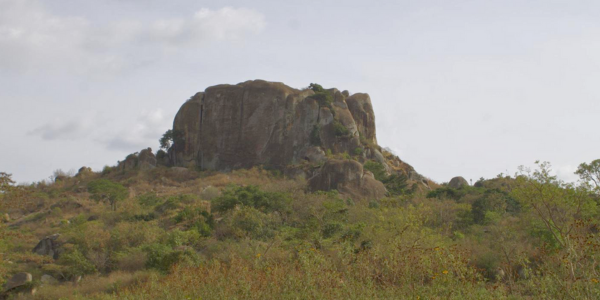
A trove of ancient plant remains excavated in Kenya helps explain the history of plant farming in equatorial Eastern Africa, a region long thought to be important for early farming but where scant evidence from actual physical crops has been previously uncovered.
In a July study published in the Proceedings of the Royal Society B, archaeologists from Pitt, Washington University in St. Louis and their colleagues have reported the largest and most extensively dated archaeobotanical record from interior East Africa.
Up until now, scientists have had virtually no success in gathering ancient plant remains from East Africa and, as a result, have had little idea where and how early plant farming got its start in the large and diverse area comprising Kenya, Tanzania and Uganda.

